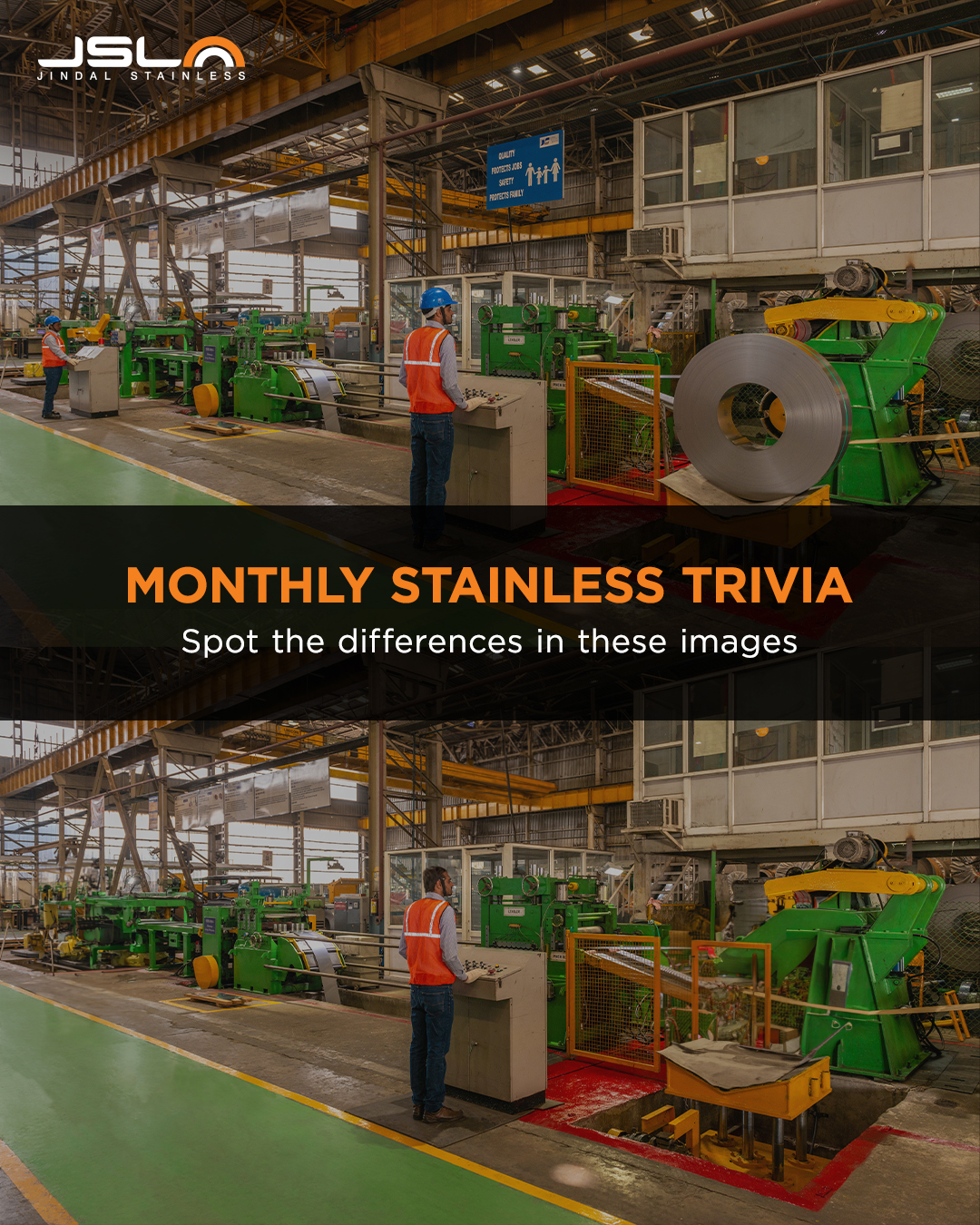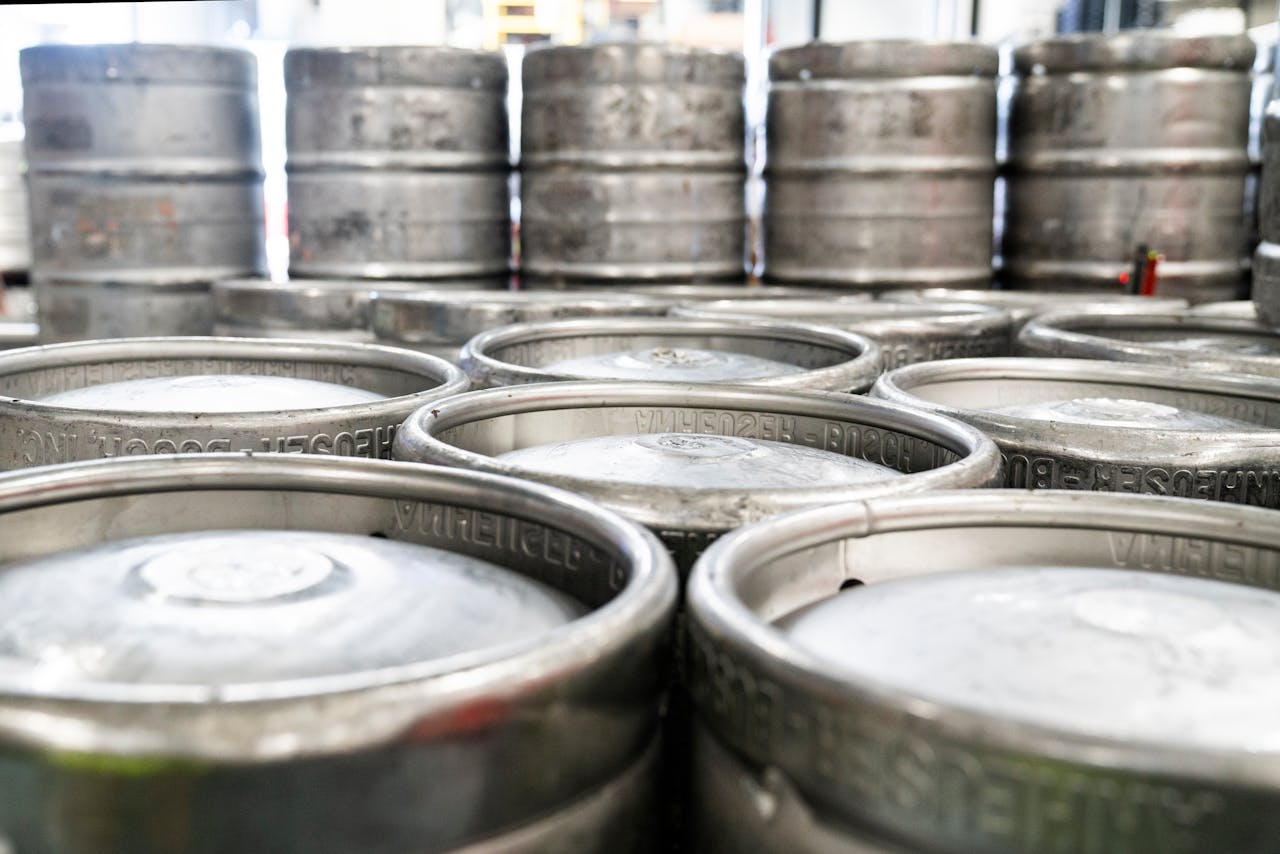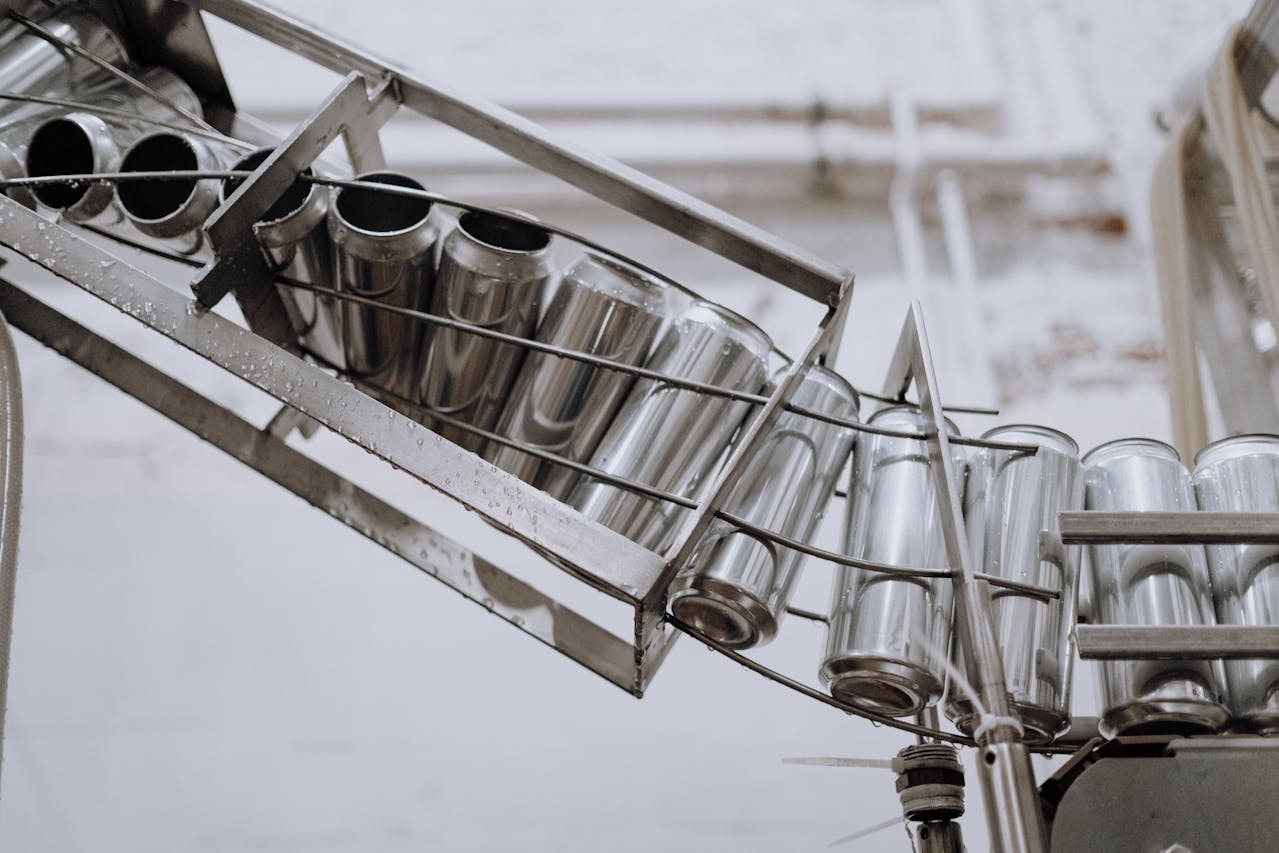What is Grade 304 Stainless Steel: Advantages & Properties
September 30, 2024
Stainless steel plays an important role in various industries. Be it in the kitchen, infrastructure, or electrical use. Stainless steel is one of the best choices of alloys, given its properties like longevity, strength, and aesthetic appeal. But not all stainless steel is the same, all of them have different properties given their different stainless steel compositions. How do you know which stainless steel best suits your particular need?
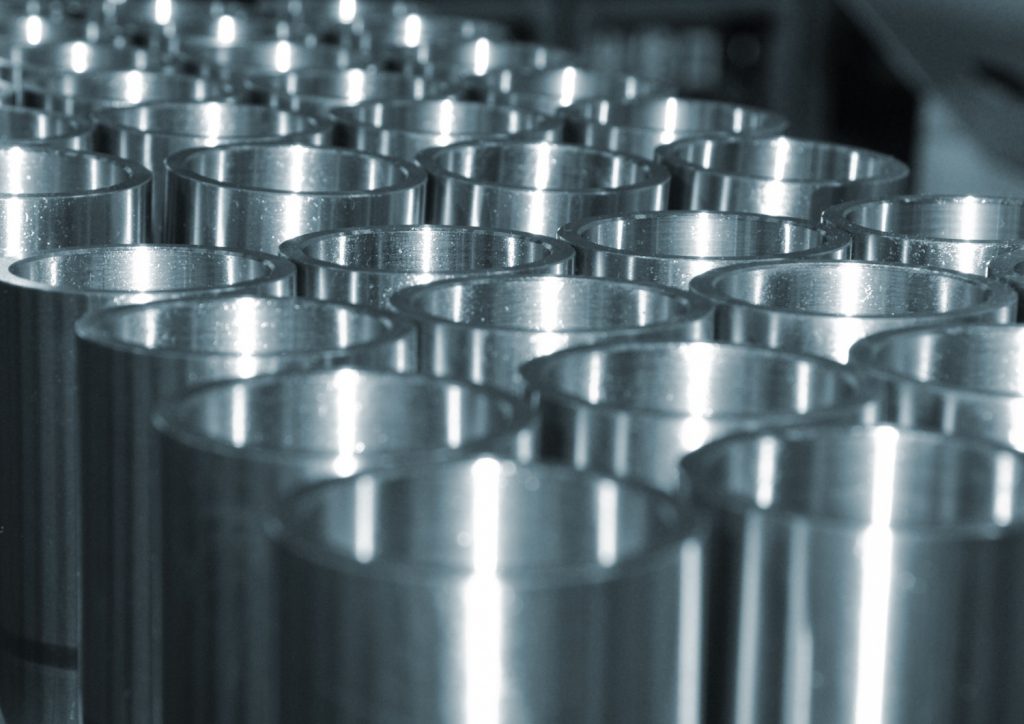
Let’s get informed about it one at a time.
In this article, we will dive deep into grade 304 stainless steel and uncover why it is a top choice in various industries. Grade 304 stainless steel is renowned for its resilient and versatile properties. It offers unmatched advantages that significantly benefit the engineering and manufacturing sectors.
What is Grade 304 Stainless Steel?
304 stainless steel is also commonly referred to as SS 304 and belongs to the austenitic form of stainless steel. It is non-corrosive and durable which is best for every type of industrial usage. Its composition includes 18-20% chromium and 8-12% nickel, which makes it one of the most versatile and widely used austenitic steels. SS 304 stainless steel stands distinct from other alloys due to its balanced structure that offers both strength and workanbility applicable in a variety of applications from architectural frameworks to kitchen appliances.
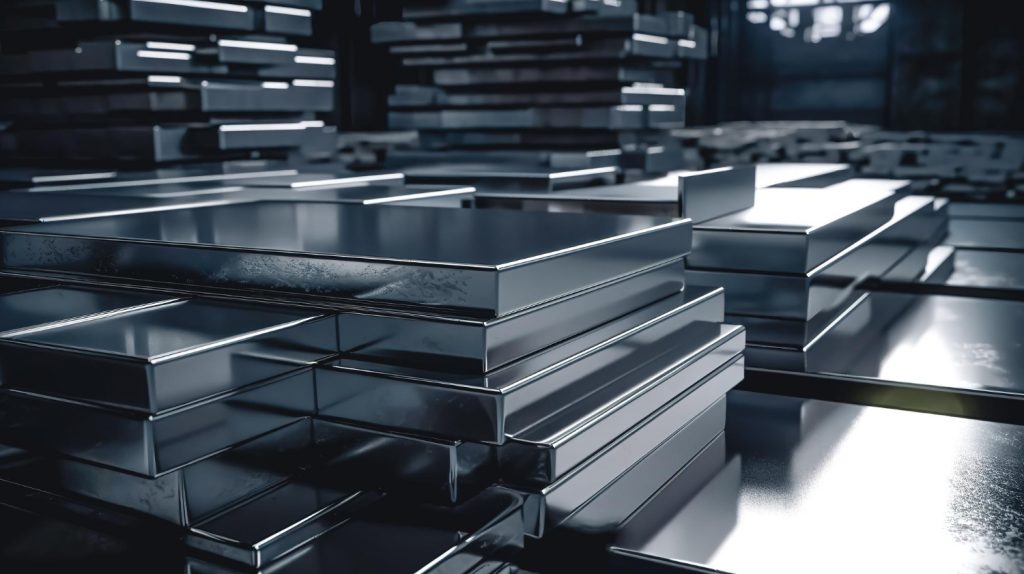
Main Components of Grade 304 Stainless Steel
Chromium:
Chromium plays an important role in defining the corrosion resistance of Grade 304 stainless steel. This element forms a passive layer of chromium oxide on the surface of the steel which blocks oxygen diffusion to the steel’s surface and thus, protects the iron form rusting. This addition of a minimum of 18% chromium is what makes grade 304 stainless steel the ideal choice for enduring environmental challenges. It offers long–lasting durability and reisitance against a multitude of corrosive agents.
Nickel:
Mixed with the alloy matrix, nickel increases the physical strength and ductility of SS 304 stainless steel. It also increases the resistance to oxidation at high temperatures and in corrosive environments, making it more resilient and versatile for use in high-temperature settings and for applications demanding robust structural integrity.
Iron:
Iron is the foundational component of Grade 304 stainless steel, supplemented by the other alloying elements mentioned above that significantly improve the overall structure and properties of the materials. The inherent strength and flexibility of iron contribute to the overall robustness and reliability of SS 304 material properties.
Carbon and Other Elements:
Though present in small amounts, carbon and other elements like manganese, silicon, and phosphorus play important roles. Carbon strengthens the alloy while maintaining formability, making SS 304 stainless steel especially valuable in forming operations. This controlled addition of these elements ensures optimal mechanical properties and resistance to corrosion.
Advantages of Grade 304 Stainless Steel
Corrosion Resistance:
The superior corrosion resistance of grade 304 stainless steel is one of the most important advantages of stainless steel. It performs admirably in a wide range of atmospheric environments and many corrosive chemicals. This property ensures that structures and products made from SS 304 withstand the test of time and maintain their integrity under various environmental conditions.
Durability:
The structural composition of SS 304 stainless steel gives it a high loading capacity, making it robust under various physical conditions, hence ensuring durability and reliability. These properties make SS 304 the material of choice for heavy-duty applications requiring long-term strength and endurance.
Aesthetic Appeal:
Grade 304 stainless steel is not just about robustness and functionality. It also offers aesthetic flexibility. The polished finish not only adds a sleek, contemporary look but also completes any design without compromising on performance.
Ease of Maintenance:
Ease of maintenance is another notable benefit of SS 304 stainless steel. Its ability to resist oxidation and corrosion makes it durable, cutting off the requirement for frequent replacements and repairs. It also ensures low lifecycle costs and ease of cleaning.
Fabrication Flexibility:
With SS 304, the possibilities in manufacturing are limitless. This material can be efficiently worked upon, including cutting, shaping, and welding. It is a perfect fit for a diverse range of applications without compromising the integrity of the structure.
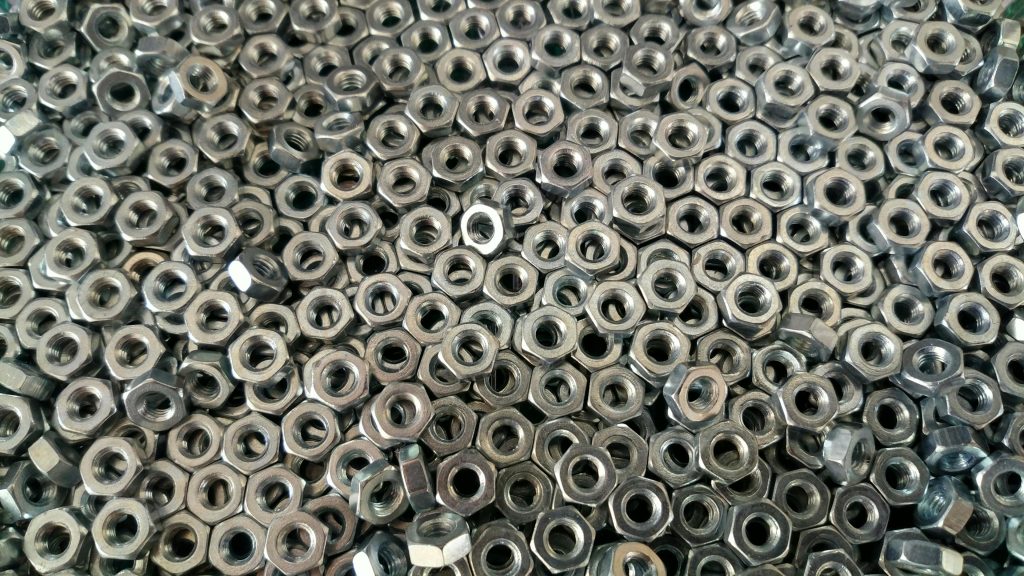
Applications of Grade 304 Stainless Steel
Industrial Uses:
304 stainless steel is immensely popular in industries that require materials that withstand corrosives over long periods of time. Typical industrial applications include food processing equipment, particularly in beer brewing, milk processing, and wine-making, as well as kitchen benches, sinks, troughs, equipment, and appliances.
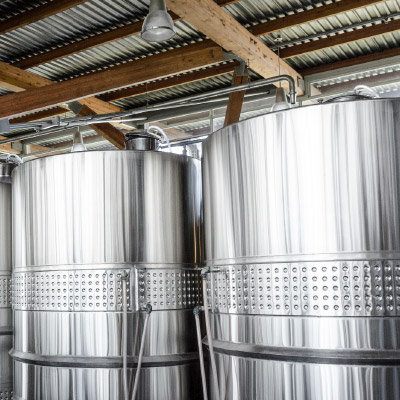
Consumer Products:
At homes, SS 304 is commonly used for equipment that demands high durability and resistance to corrosion, such as kitchen appliances, sinks, pots, pans, and fixtures.
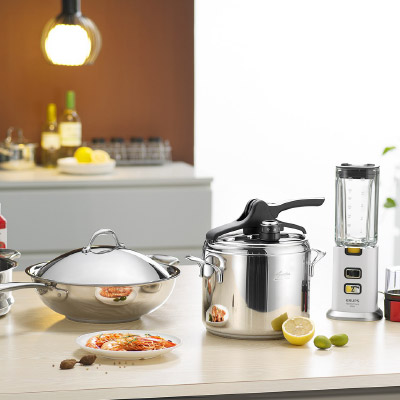
Conclusion
Grade 304 stainless steel is a powerful choice within the construction and manufacturing industries due to its exceptional strength and resistance to corrosion. This type of stainless steel with elements like chromium and nickel, not only endure harsh environments but also maintains its integrity over a long period of time. Its blend of robustness and visual appeal makes it highly beneficial for various applications and ensures functionality and aesthetic appeal. This choice of Grade 304 increases project longevity, reduces maintenance costs, and enhances reliability.
For professionals engaged in infrastructure, choosing grade 304 stainless steel is central to building resilient and durable structures. With its ability to adapt to different uses, from architectural detailing to heavy-duty machinery, Grade 304 stainless steel stands out as an essential material for modern engineering challenges. Therefore, it is important to incorporate this high-grade material into your projects to meet current demands and prepare for future challenges. Using Grade 304 stainless steel is not just a smart choice but is a necessity for strategic, sustainable, long-term infrastructure development.
Engineers, designers, and decision-makers are encouraged to leverage the inherent Grade 304 stainless steel properties for projects demanding superior strength and durability. For further information and product recommendations, contact Jindal Stainless Steel. We provide solutions that are tailored to specific project requirements. Consider the durability, aesthetics, and integrity of SS 304 material properties in your next project.
